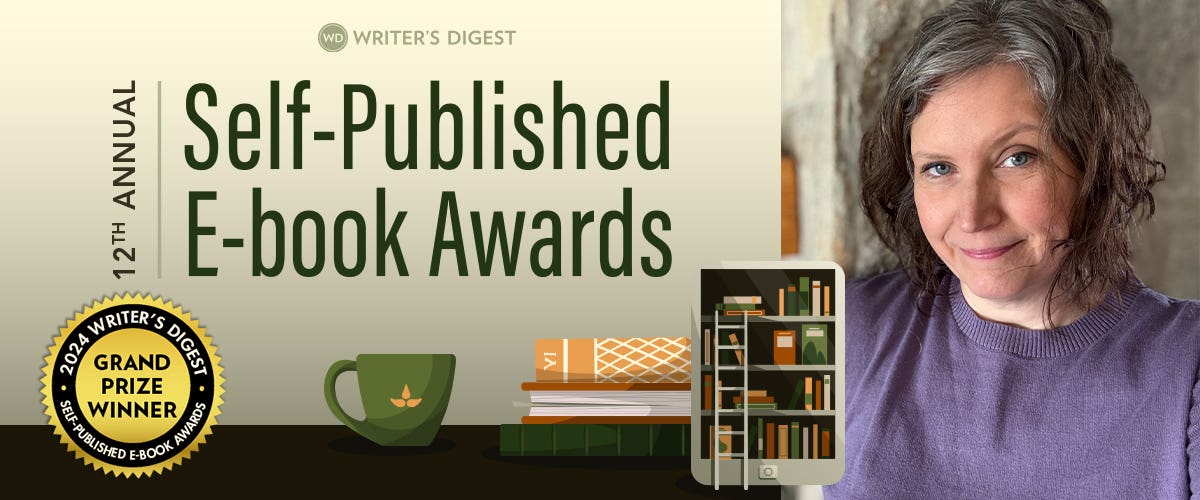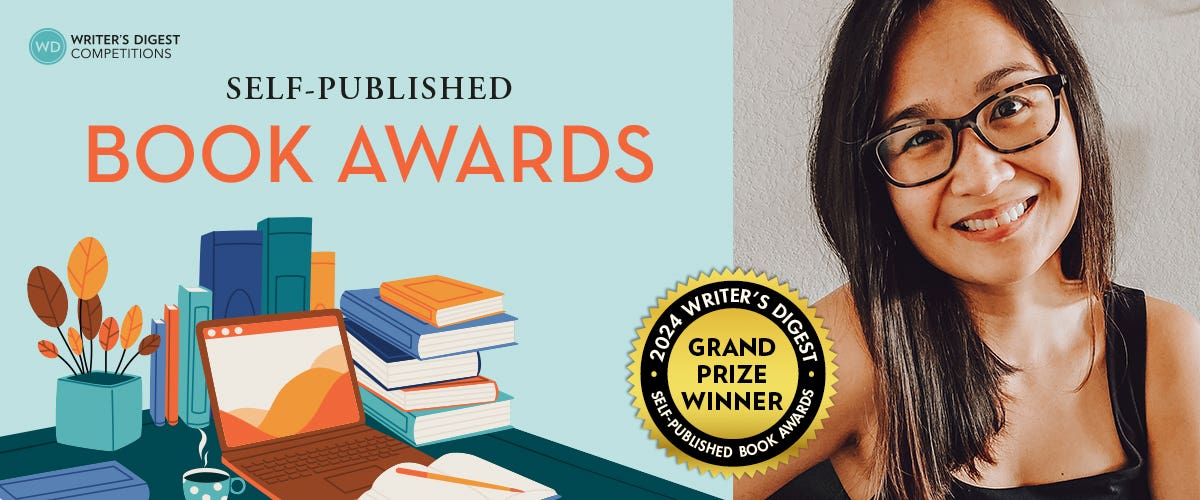Meet Short Short Story Competition Winner Gregory Jeffers
The winner of the 20th Annual Writer’s Digest Short Short Story Competition reveals his strategies for writing award-winning short fiction.
When returning to the Puerto Rican island Vieques after Hurricane Maria, Gregory Jeffers noticed not only the horrific destruction left by the storm; he also saw things around him starting to sprout back to life. The scenes were so inspiring that he wove the imagery into his short story, “Quitting Time.”
“A fourth horse limped into view and stood under a hurricane-bonsaied mango that once probably towered sixty feet. Its new leaves sprouted in bobs the size of beach balls,” he writes.
“Quitting Time” is a tale of destruction and rebirth set on Vieques after the hurricane. It explores the power of the natural world to cure itself and some human miseries, as well as shed light on larger existential questions. It won first place in the 20th Annual Writer’s Digest Short Short Story Competition.
Jeffers’ winnings include $3,000 and a pass to the Writer’s Digest Annual Conference.
Jeffers has been visiting the island for more than 30 years, so he is pretty familiar with the natural world there. He was originally brought to the island—and many other settings that have inspired his writing—by his work as a contractor for the construction industry.
Another work setting that has inspired Jeffers to write stories is an old orphanage in Vermont. The four days he spent evaluating the building conjured up the sounds and smells of 1880, and along with it, inspiration for a novel he wrote about a person in a similar situation being visited by a young ghost from that time period.
“It turns into a parallel storyline, the changes that occur in this man and the other tale of the young woman and her siblings as orphans in 1880. The two stories converge in a horrifically magical way,” he says. But, “it’s a very complicated piece and that’s why it’s still not published.”
Jeffers turned to writing short stories when an editor he sent a draft of his novel to suggested that he try writing short stories to perfect his craft. He found that short fiction is a good practice in learning to honor readers’ time. His editing—whether for short stories or novel writing—focuses mostly on reduction.
He says the challenge of flash fiction is making a piece a story, not just presenting a situation that ends in a joke.
“It seems like a lot of flash fiction is a situation looking for a punchline,” Jeffers says. “To make a story whole, the story needs an arc and character. That’s difficult in a short work. The people that are best at it are the folks that have the ability to create the iceberg, with 10 percent of the story showing up and the other 90 percent below the water.”
To overcome the challenge of coming up with ideas for short stories, Jeffers keeps a list of every idea that comes to his mind. He jots many of these ideas onto notecards that he uses to generate story ideas. He categorizes these cards into three sets. The first is a list of settings.
“It can be anything as broad as the word prehistoric to something more specific like Sherwood Forest,” he says.
The second set of cards lists characters, and the third lists story genres. When he is ready to begin a story, Jeffers picks a card from each pile and puts them together.
Jeffers admits that story endings are also hard for him to pin down. He tries to focus on two things that signal resolution: a change in character or circumstances, or a signal that change is within reach; and the rhythm of the sentences.
“It has more to do with syntax and how the words are put together and the length of sentences,” he says. “The best way to say it is that it’s a rhythmic quality to the ending. That can help signal the story has some kind of resolution.”
About Cassandra Lipp
Cassandra Lipp is managing editor of Writer's Digest. She is the author of Queen City Records, which tells the stories behind the indie record shops of Cincinnati and Northern Kentucky. Her work has appeared in Greener Pastures, The Belladonna, Little Old Lady, Points in Case, and Ohio's Best Emerging Poets 2019. Follow her on Twitter @Cassie000000.








